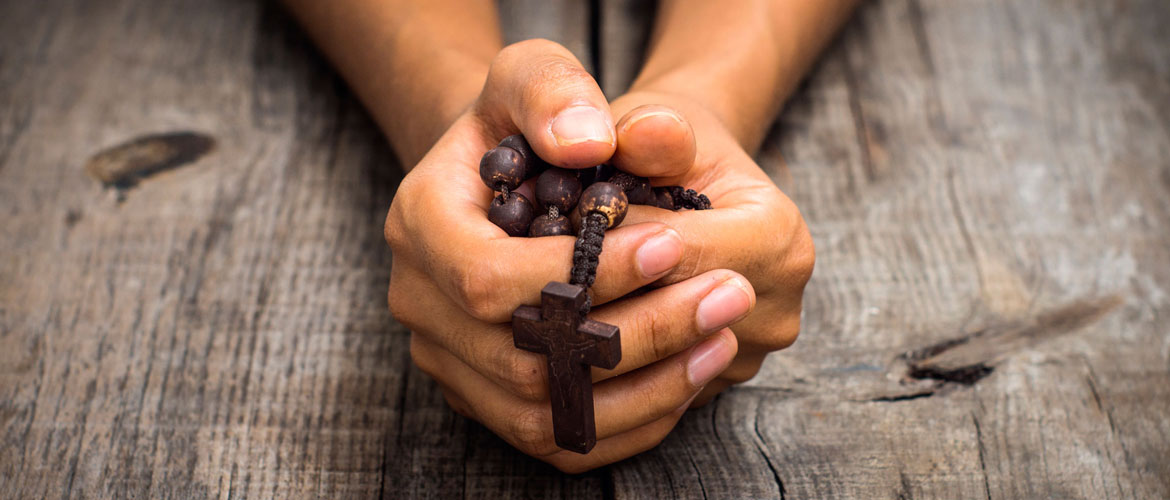Drug Sobriety Court
Content
Total abstinence may be the goal, but the reality is that setbacks are common. However, the word is often used in different ways in different contexts. Many 12-step programs suggest that sobriety means total abstinence—never using the substance ever again. This stage can last from six months to five years, depending on the severity of the addiction and the individual’s genes and experience.
- Support your recovery by avoiding people, places, and situations that trigger your urge to use.
- Onset typically occurs 24 hours or longer following cessation of alcohol.
- It is used to imply a short-term resumption of substance use or heavy/hazardous use (e.g., for a night or a day) that is followed by a return to the original goal of moderate use or abstinence.
It typically takes eight years or longer to achieve long-term remission even with high quality treatment and medical care. Shame is having negative beliefs about yourself and your self-worth. People in recovery can experience a lot of shame simply for having become addicted in the first place.
We are New Jersey’s leading addiction treatment center
You’ll also want to know what you can expect from drug addiction recovery and how you’ll prevent a relapse. However, they are also still acutely aware of the benefits they perceive from alcohol or drug addiction. This is a critical stage for family members and treatment facilities because the person is more likely to listen to reason.
Understanding the five stages of addiction recovery can be useful for addicted people and their family members. Each stage clearly describes the process of recognizing and admitting the problem, preparing for addiction treatment, and dealing with life after treatment of alcohol and drug abuse. It’s an integrated theory that’s compatible with most evidence-based and holistic treatments, like the 12-step program and behavior therapy. Many individuals relapse within the first week of stopping their substance use in order to avoid withdrawal symptoms, or thereafter due to post-acute withdrawal symptoms which can last for up to 6 to 18 months. Individuals with an alcohol or drug addiction will experience varying degrees of withdrawal symptoms when they stop using their substance of choice.
Aftercare and Sober Living
NA is a 12-step program that revolves around its main text, known as the Basic Text. This term has a stigma alert due to the term’s potentially moral meanings rooted in morality and religion (e.g. lapse in grace), and implied “accidental” manifestation (e.g. lapse in judgement). Many advocate instead to use the terms “resumed,” or “experienced a recurrence” of substance use or substance use disorder symptoms. Describes patients with both mental illness and substance use disorder. Personality disorder may also co-exist with psychiatric illness and/or substance use disorders.
The care you need depends on a variety of factors, including your age, drug-use history, medical or psychiatric conditions. In addition to doctors and psychologists, https://stylevanity.com/2023/07/top-5-questions-to-ask-yourself-when-choosing-sober-house.html many clergy members, social workers, and counselors offer addiction treatment services. Stopping drug use is just one part of a long and complex recovery process.
Some common triggers include:
When people enter treatment, addiction has often caused serious consequences in their lives, possibly disrupting their health and how they function in their family lives, at work, and in the community. Research shows that when treating addictions to opioids (prescription pain relievers or drugs like heroin or fentanyl), medication should be the first line of treatment, usually combined with some form of behavioral therapy or counseling. Medications are also available to help treat addiction to alcohol and nicotine. The chronic nature of addiction means that for some people relapse, or a return to drug use after an attempt to stop, can be part of the process, but newer treatments are designed to help with relapse prevention. Relapse rates for drug use are similar to rates for other chronic medical illnesses.
This website is using a security service to protect itself from online attacks. The action you just performed triggered the security solution. There are several actions that could trigger this block including submitting a certain word or phrase, a SQL command or malformed data. The ADRC offers chemical dependency assessment appointments at Lutheran Hospital from 8 a.m.


